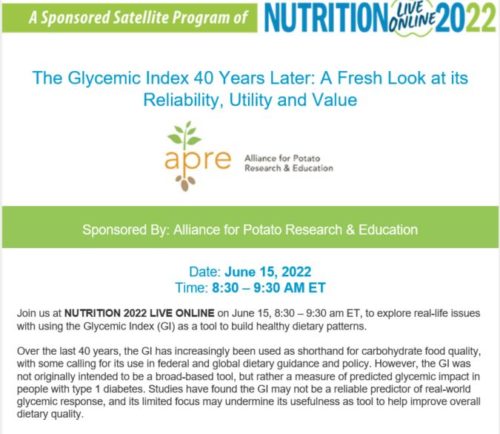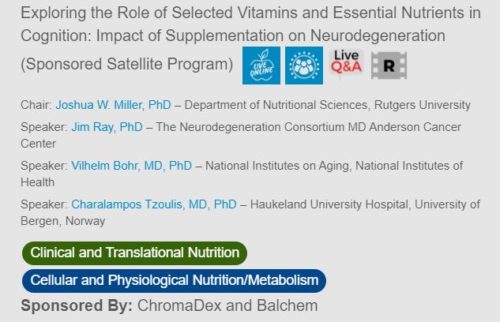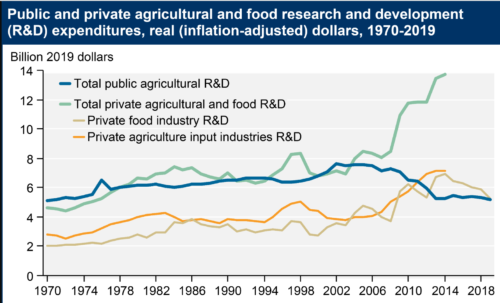Industry-funded study of the week: A rare negative-results exception (Avocados, no less)
One of the points of my Monday “industry-funded study of the week” posts is that companies usually get the results they want. Exceptions do exist. Here’s one of those rare ones.
The study: Changes in Biomarkers of Non-Alcoholic Fatty Liver Disease (NAFLD) upon Access to Avocados in Hispanic/Latino Adults: Secondary Data Analysis of a Cluster Randomized Controlled Trial. Lorena S. Pacheco, Ryan D. Bradley, Cheryl A. M. Anderson and Matthew A. Allison. Nutrients 2022, 14(13), 2744; https://doi.org/10.3390/nu14132744
Rationale: Non-alcoholic fatty liver disease (NAFLD) is a common cause of abnormal liver functions tests and of increased increased risk for morbidity and mortality. Monounsaturated fatty acids such as those in avocados havew been associated with improved NAFLD-related markers.
Hypothesis: “We hypothesized compared to low avocado intake, high avocado intake would have a beneficial effect on oxidative stress and hepatic health indicated by greater reductions in liver function tests and NAFLD fibrosis score.”
Results: “No statistically significant differences were observed between low and high avocado allotment groups” in anything measured.
Conclusion: “Varied intake of avocados resulted in no effects on biomarkers of NAFLD in healthy adults, free of severe chronic disease.”
Funding: “The parent research was funded by The Hass Avocado Board.”
Conflicts of interest: “The authors declare no potential conflict of interest. All authors report the grant from the Hass Avocado Board….The Hass Avocado Board funded the parent trial and provided all the trial’s avocados at no cost to study participants. The parent trial funder had no role in the design of the study; in the collection, analyses, or interpretation of data; in the writing of the manuscript, or in the decision to publish the results.”
Comment: The authors say they have no conflicts of interest but I think they do; the Hass Avocado Board paid for a study of the effects of avocados on NAFLD markers. Such payments are well established to predict results that favor the sponsor’s interests.
Nevertheless, the results came out contrary to those interests, and the authors were unambiguous in saying so. In this case, the assertion that the sponsor had no role seems credible, even though it often is not.
High marks to the authors.




